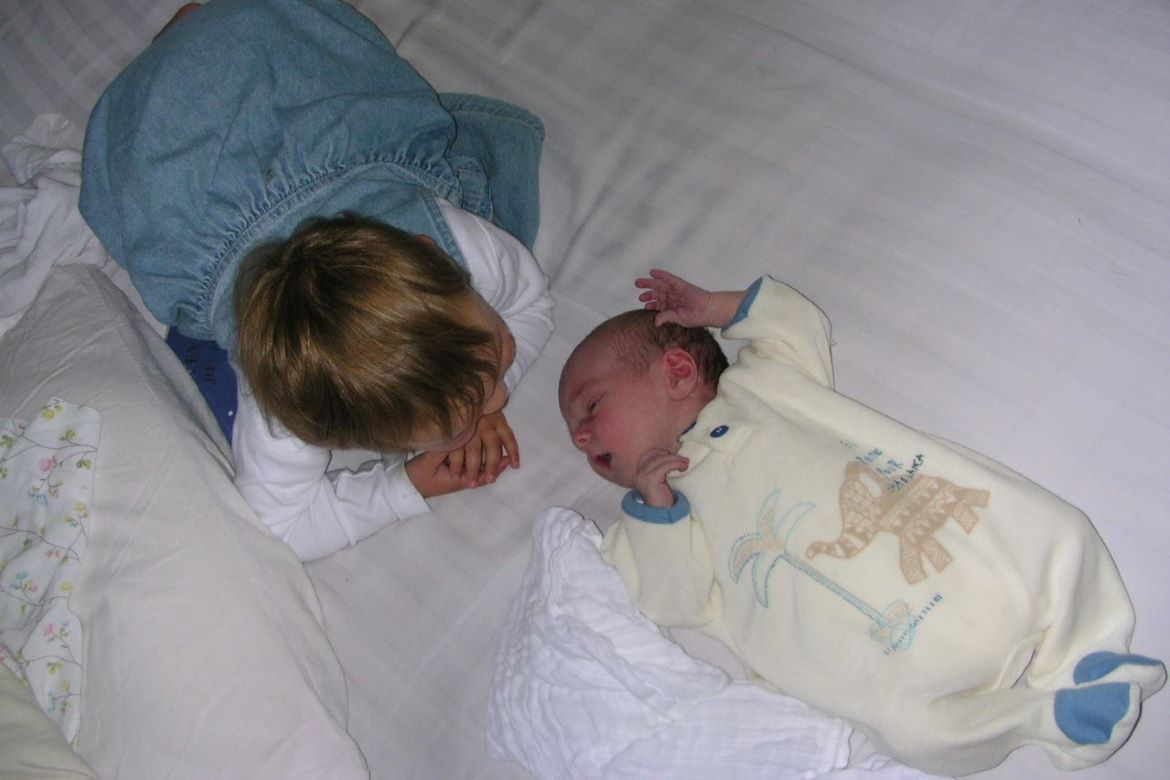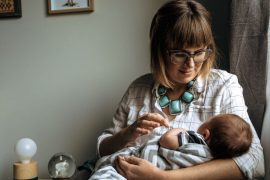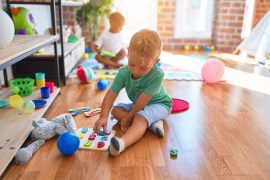A book review for ‘Elimination Communication Babies’ by Clare Stead
“Give me a child until he is 7 and I will show you the man.” – Aristotle, The Philosophy of Aristotle
Well, it turns out that although Aristotle was absolutely right that the man is made in childhood, he might well have been wrong about how long he needed the child for!
Rather than 7 years, he might just have needed that child for 1000 days to set them up for a lifetime of success! Isn’t that amazing?!
Science is showing us that the first 1000 days of life, the time from conception to two is the most important for a child’s development. It is a time when the brain is literally building itself and laying the foundations for all future learning for life. It’s also the time that you, the baby’s parents, change from being a couple to becoming parents. There is a lot going on in that first 1000 days, which is only 33 months!
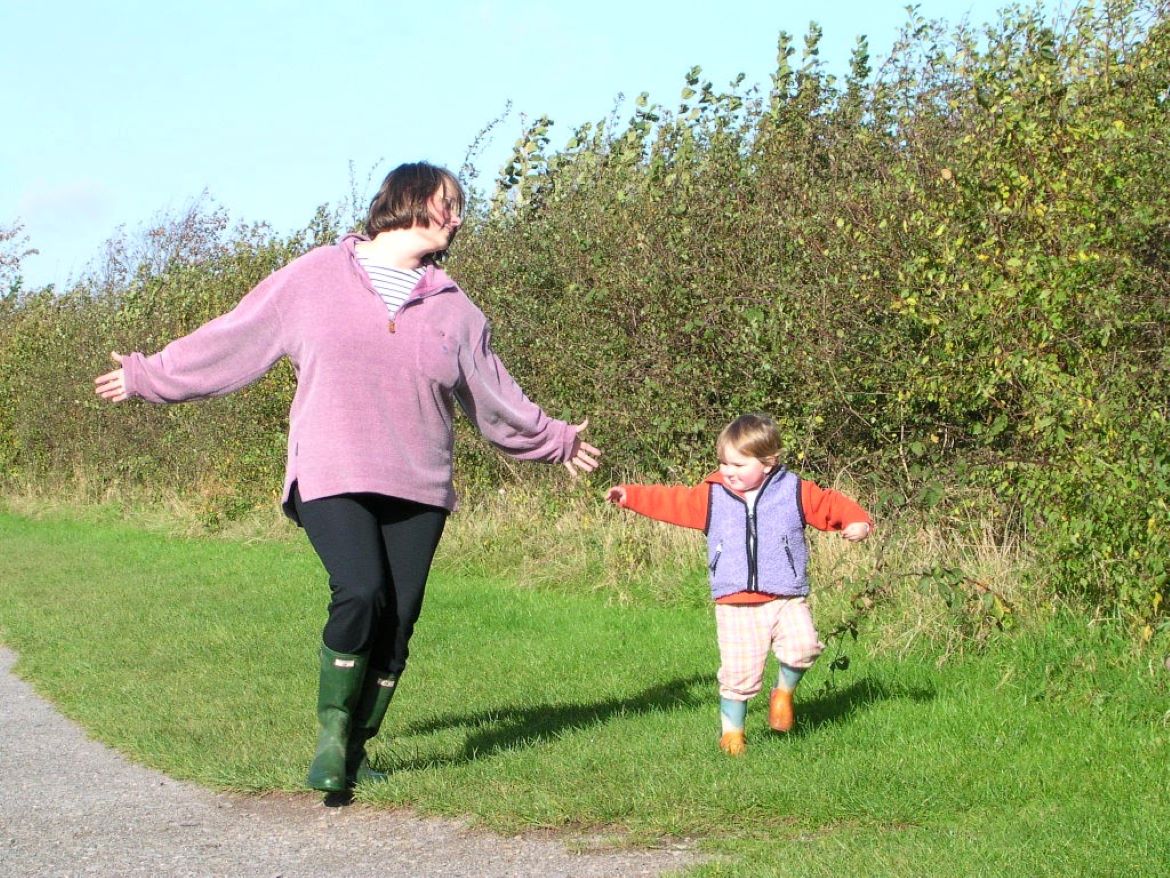
What happens in the first 1000 days, what’s affected and how do we know?
A baby’s brain is doing amazing things really early on in pregnancy and it continues to develop throughout.
In a piece of brain tissue the size of a grain of rice, there are 10,000 nerve cells. Each one of those forms between 1 and 10,000 connections with other nerve cells.
There are an estimated one hundred trillion connections in a human brain.
At only four weeks gestation, a baby is creating neurons. These neurons are ones that will be used for their whole lives, from the very beginning through to the end of life. By the time a woman is four weeks pregnant, 500,000 neurons are developing every minute. These neurons build the brain layer by layer like an onion. They travel along supporting cells called glia in waves of millions of neurons. No other cells migrate in this way. There is some evidence that neurons have some idea where they need to travel to in the brain and that they also know where abouts in the brain they are!
By the time a child is born, their brain is about a quarter of the size of an average adult brain. Amazingly, it doubles in size in the first year of life and it keeps growing to about 80% of adult size by the age of 3 and by the time a child is 5 their brain is almost fully grown.
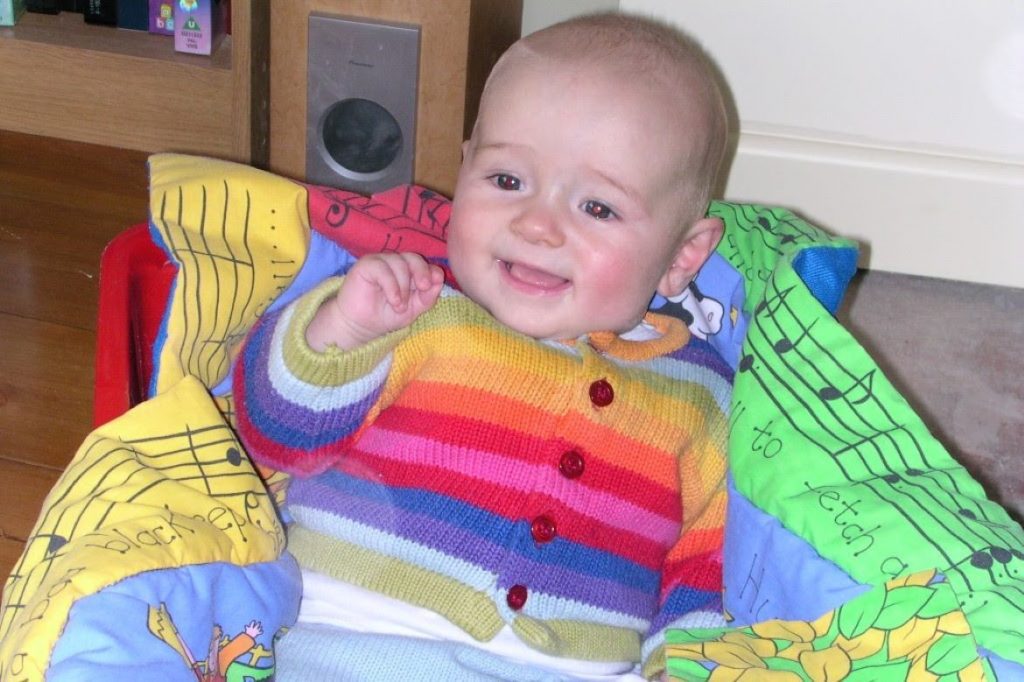
Their brain is formed in the womb, but the neural connections within that brain have yet to be connected. This happens through the experiences we give the child, even from before birth.
At times during the first 1000 days of life, a child is developing 1 million synapse connections a second!
We know that the experiences and foundations that are laid down for a child in these first 1000 days affect their academic outcomes, their relationships, how much they will earn, what jobs they will do, how the adult they will become thinks and even their health.
So, the experiences that we give babies from conception onwards really do matter.

